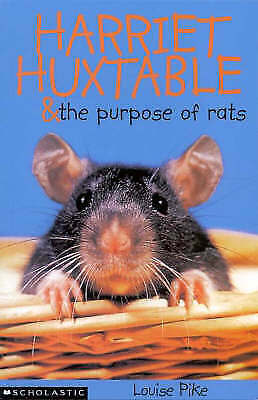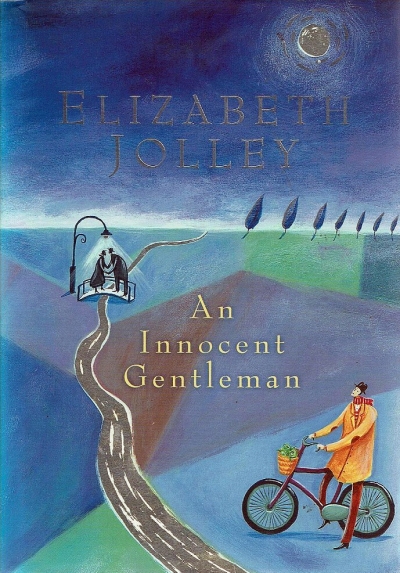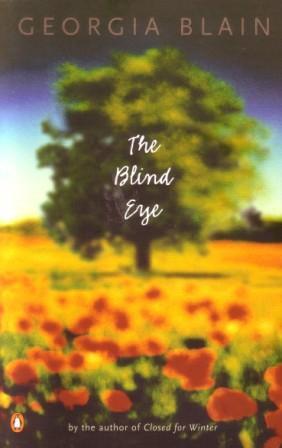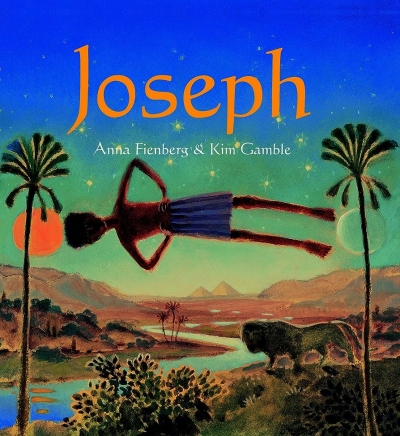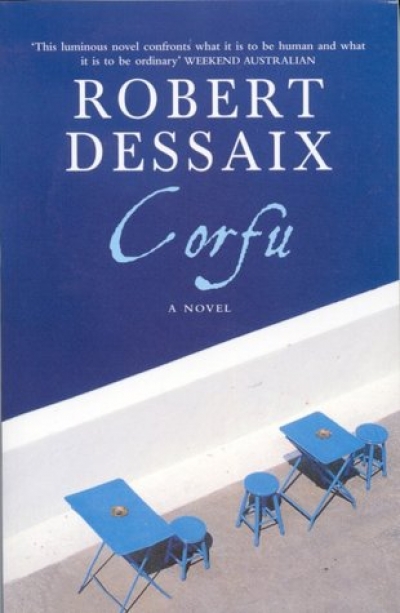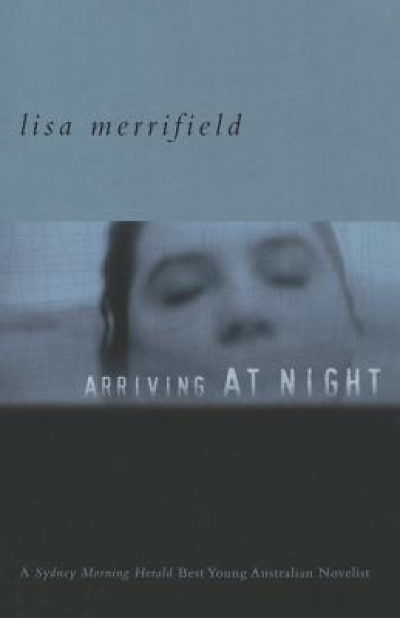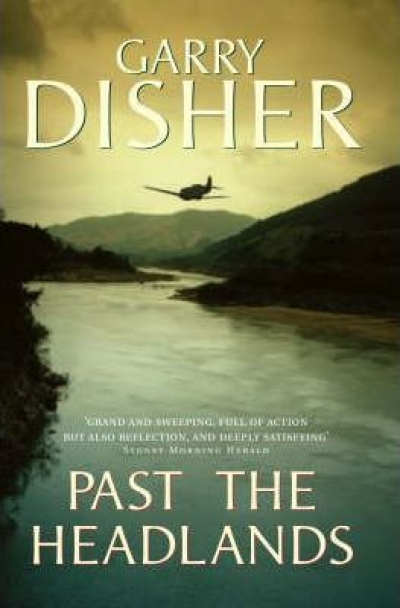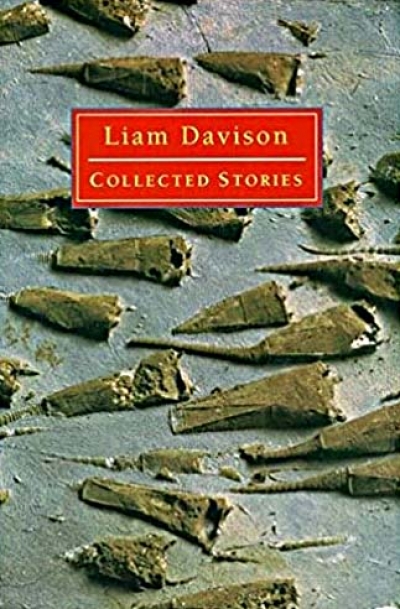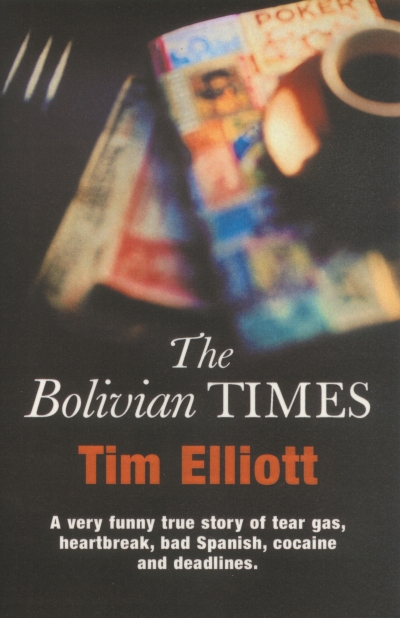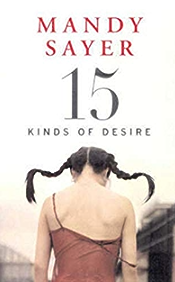Fiction
Harriet Huxtable and the Purpose of Rats by Louise Pike
At school assemblies, when I was ten, I was required to recite a pledge which ended with the words ‘and cheerfully obey my parents, teachers and the law’. The novels reviewed here are all concerned with family, and the way in which young people operate within and outside it.
... (read more)My first thought on seeing the title was that Delaware Carpenter, the loveable ‘Professor’ in An Accommodating Spouse (1999) had made a comeback. While An Accommodating Spouse had a predominantly humorous tone, this new novel is serious. On one level, An Innocent Gentleman is a Bildungsroman for a married couple in which both need to be shaken out of their arrested development. All the usual ingredients are there: a father–son and mother–daughter conflict, an avuncular friend, an epiphanous journey from the provinces to a great city, a clash of cultures, illicit sex, the discovery of a Lebenslüge against the backdrop of World War II (the result of England’s Lebenslüge) and optimistic closure as a relationship is redefined. On another level, the novel continues to explore a familiar Jolleyesque motif: the Oedipal father–daughter and daughter–mother relationships, illustrated by the Persephone and Electra conflicts, respectively. In Jolley’s novel Foxybaby (1985), Miss Peycroft advises the novelist Miss Porch: ‘and for heaven’s sake don’t lose sight of the Oedipus and Electra complexes.’ Well, Jolley never did. They are thematic concerns in Miss Peabody’s Inheritance (1983), where the middle-aged Mr Frome marries the big-breasted Gwenda who is all of sixteen; in The Sugar Mother (1988), where Leila, another voluptuous teenager, is sold by her mother to the elderly and childless professor Edwin as a surrogate mother; and, most importantly, in My Father’s Moon (1989), which constructs a most complex Oedipal scenario that has the central character, Vera, seduce her (surrogate) father and betray her mother. In this new novel, however, those two complexes exist outside the narrative and refer to Jolley’s own troubled relationship with her mother and father.
... (read more)The Blind Eye by Georgia Blain & Bella Vista by Catherine Jinks
Reading Australian novels is often like gazing through an album of snapshots taken by various photographers attending the same party. The subject matter will depend on what stage of the evening the photos were taken – all the way from pre-dinner drinks to the finale of a Bacchanalian brawl – and it will depend, of course, on who is taking the photos. What is the photographer looking for? Who are the subjects that captivate?
... (read more)The picture book format is the workhorse of children’s literature. It is expected to entertain and enlighten audiences ranging from infants and toddlers to young adults. Eric Carle’s The Very Hungry Caterpillar, the quintessential picture book for very young readers, introduces some basic concepts through simple text and colourful collage. At the opposite end of the spectrum, Isobelle Carmody’s fantasy novel, Dreamwalker, published earlier this year with illustrations and design by graphic artist Steven Woolman, has sophisticated teen appeal.
... (read more)In the last however many years, we have seen the rise of a kind of faction in this country which has enabled people like Drusilla Modjeska and Brian Matthews to show what scintillation and what fireworks may follow when the life of the mind (with whatever attendant discursive zigzagging) allows itself to imagine a world ...
... (read more)There is about Lisa Merrifield’s second novel a quality of aqueousness, an obsessive returning to states of immersion, whether in water, sleep, waves, a glass of gin. Hers is a superb exploration of the gelatinous margin between mind and world, innocence and experience, madness and sanity – those interregnums in the government of the self. And while it is from the weird clarity of this amniotic silence that Arriving at Night draws its various strengths, it is the same somnolence – the torpor of fiction in aspic – that comprises its singular flaw.
... (read more)Contemporary Australian fiction continues to lean on the national past. Perhaps that’s a comment on the present, or the future, for that matter. It seems to be not so much a matter of the past being experientially ‘another country’, but a more engaging version of the literal one ...
One of my all-time favourite short stories, ‘The Shipwreck Party’, opens this volume of Collected Stories. Any book of short pieces invites readers to enter wherever they like. I decided to start at the last piece and work backwards so that I could end up with my old favourite. The pace, structure, rhythm, images, restraint, wit, irony, and tone of this short narrative always work their magic on me, and I wait for the last thirty lines in joyful and horrified expectation. Having read the book backwards, I write this review in a mood of sheer pleasure.
... (read more)In 1897, Winston Churchill published his only novel, Savrola, a racy account of revolution and romantic intrigue in the imaginary South American republic of Laurania. The book traces the rise, fall, and rise of Savrola, a gifted politician and charismatic orator who outmanoeuvres a despotic military regime to restore democratic rule to the undeserving masses, only to fall prey to a socialist revolution before returning in triumph and instituting an age of peace and plenty.
... (read more)15 Kinda of Desire by Mandy Sayer & Willow Tree and Olive by Irini Savvides
Husbands, wives, and lovers, desperadoes, mistresses, adulterers, transsexuals, prostitutes and paedophiles: these are some of the people who populate Mandy Sayer’s 15 Kinds of Desire. Despite such a roll-call of confronting players, Sayer’s short story collection is not so much an itemisation of sexual peccadilloes but an exploration into various gradations of love, sex and obsession.
... (read more)

